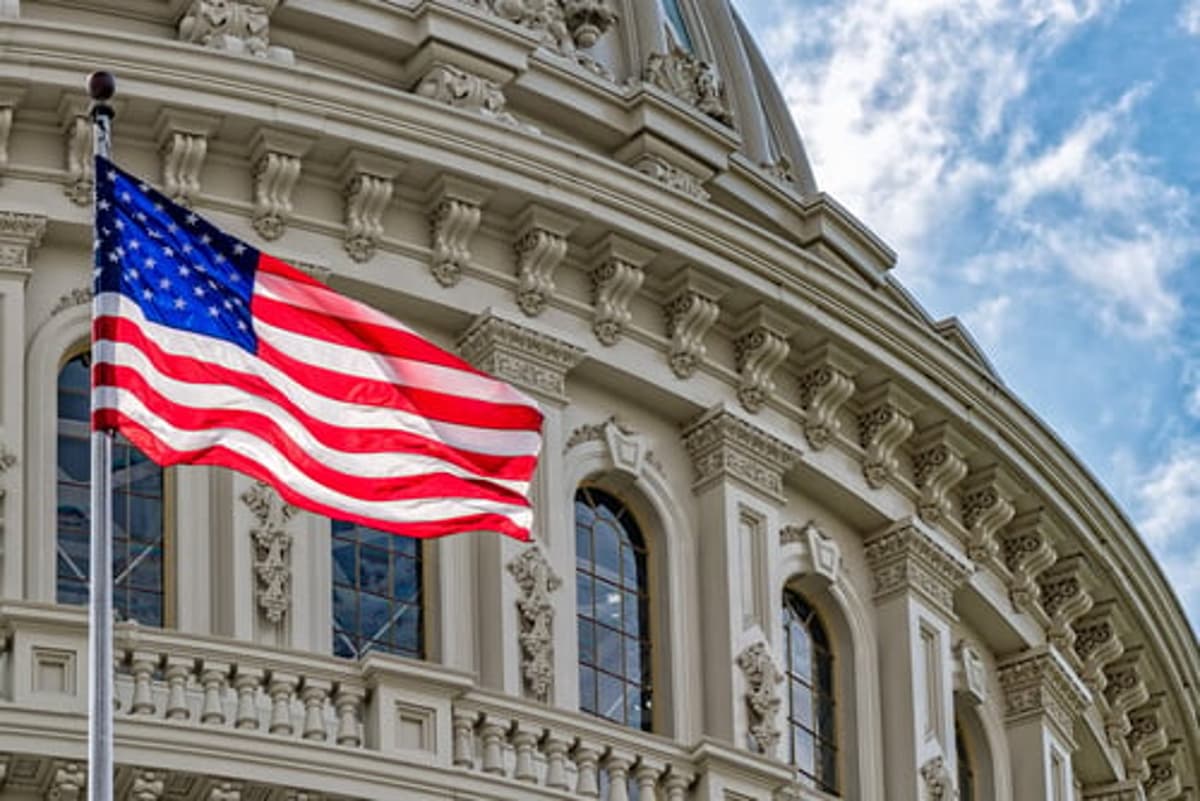US Government to Invest $3 Billion in Hydrogen and Battery Infrastructure at Ports
Key Ideas
- The US Government plans to allocate $3 billion to support the development of hydrogen and battery-powered infrastructure at ports across 27 states.
- Funding from the Environmental Protection Agency's Clean Ports fund and financed by the Inflation Reduction Act will cover equipment like drayage trucks, locomotives, vessels, and shore power systems.
- The investment aims to address air quality issues near ports caused by diesel pollution, with a focus on transitioning to cleaner, more sustainable energy sources.
- Michael Regan, Administrator of the US EPA, highlighted the importance of supporting communities near ports and the crucial role of ports in the country's economy.
The US Government has announced a significant investment of up to $3 billion to facilitate the development of hydrogen and battery-powered infrastructure and technologies at ports across the nation. This initiative will benefit 55 selectees in 27 states, with the Maryland Port Administration at the Port of Baltimore set to receive $147 million of the funding. The grant, sourced from the Environmental Protection Agency's Clean Ports fund and financed by the Inflation Reduction Act, will be instrumental in deploying battery-electric and hydrogen-powered port equipment, 1,000 drayage trucks, 10 locomotives, and 20 vessels. Additionally, the funding will support the implementation of shore power systems for vessels, battery-electric and hydrogen vehicle charging and fuelling infrastructure, and solar power generation. The focus of this investment is to combat air quality issues near ports, particularly stemming from diesel pollution, and promote a shift towards cleaner and more sustainable energy solutions. Michael Regan, the Administrator of the US EPA, emphasized the importance of supporting communities residing near ports that often face significant air quality challenges due to diesel pollution. He highlighted the pivotal role of ports in driving commerce, creating jobs, and connecting the nation's supply chain. The funding reflects a positive step towards environmental sustainability and signifies a commitment to a greener future in the transportation and port sectors.
